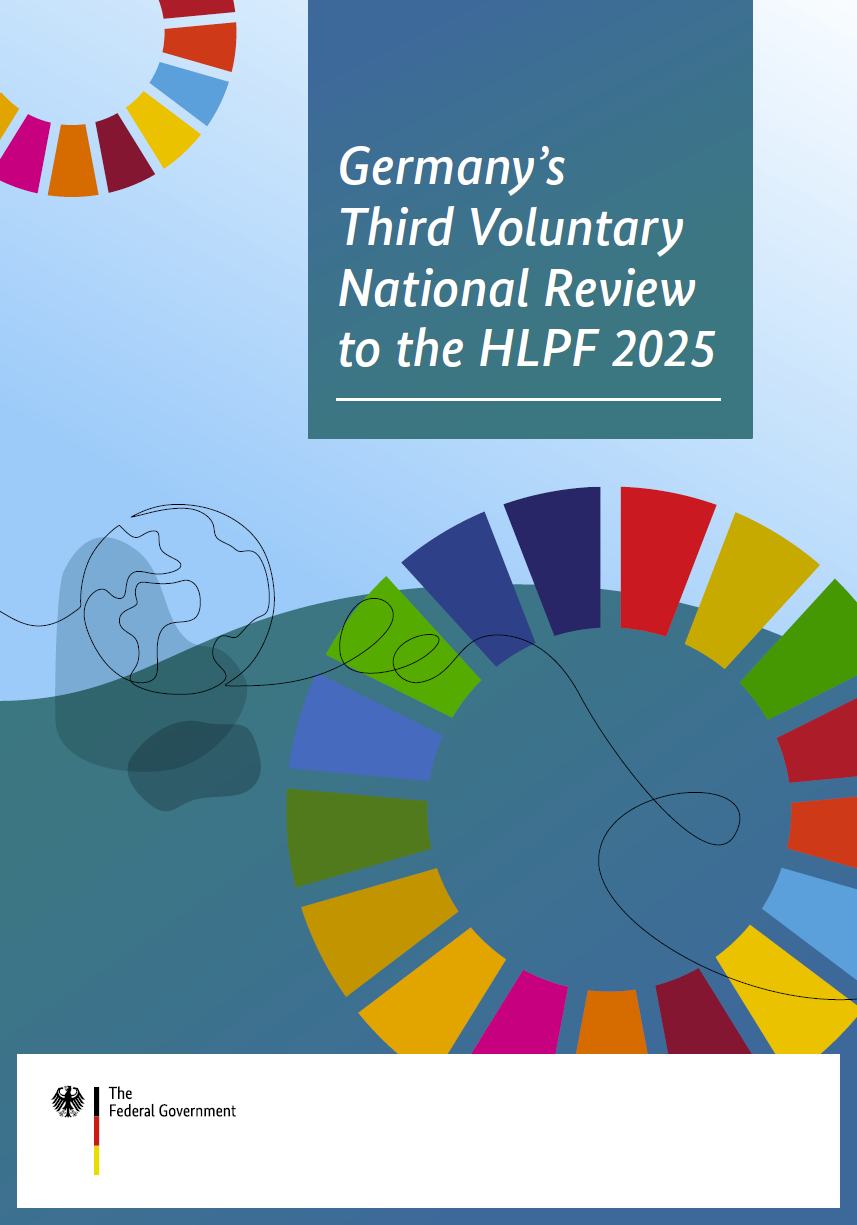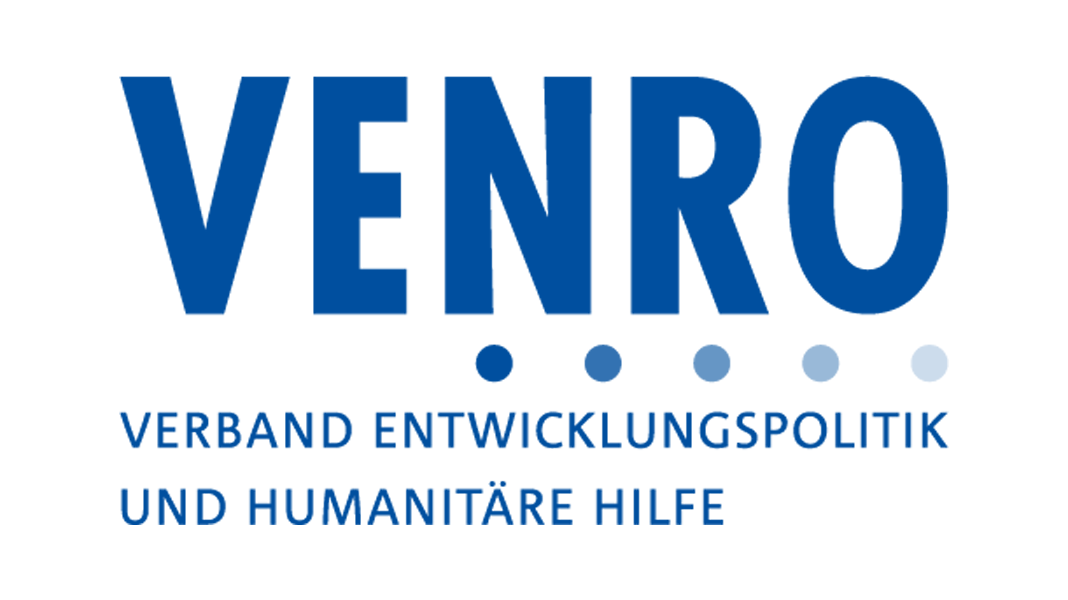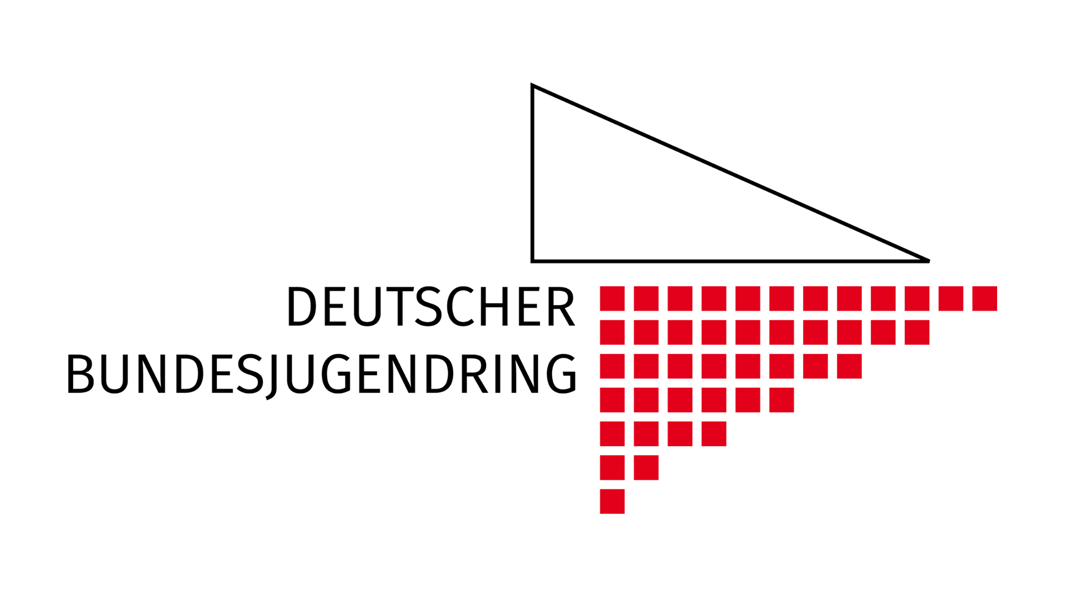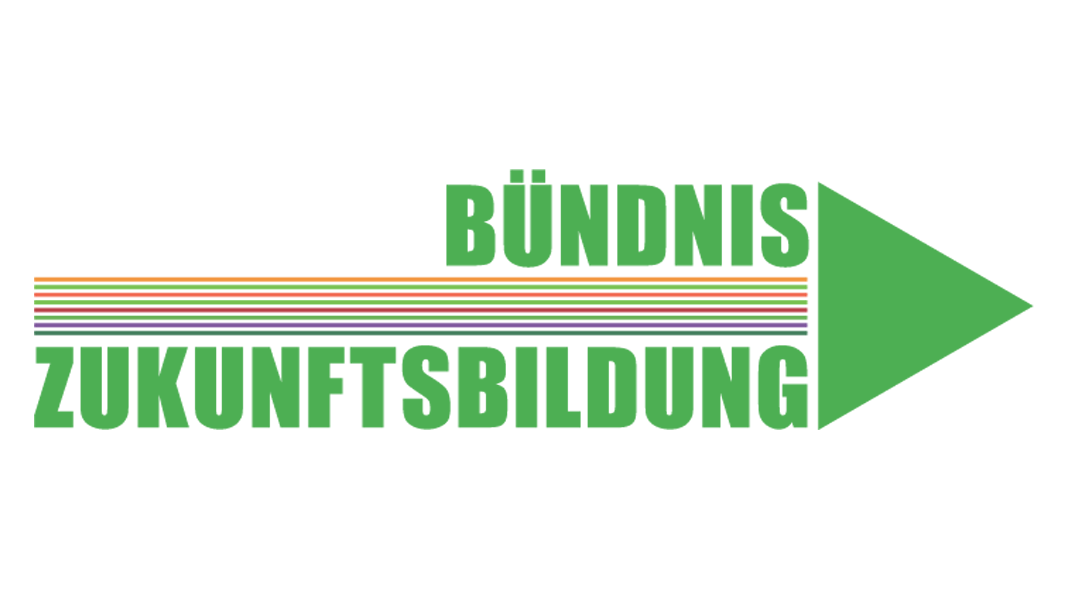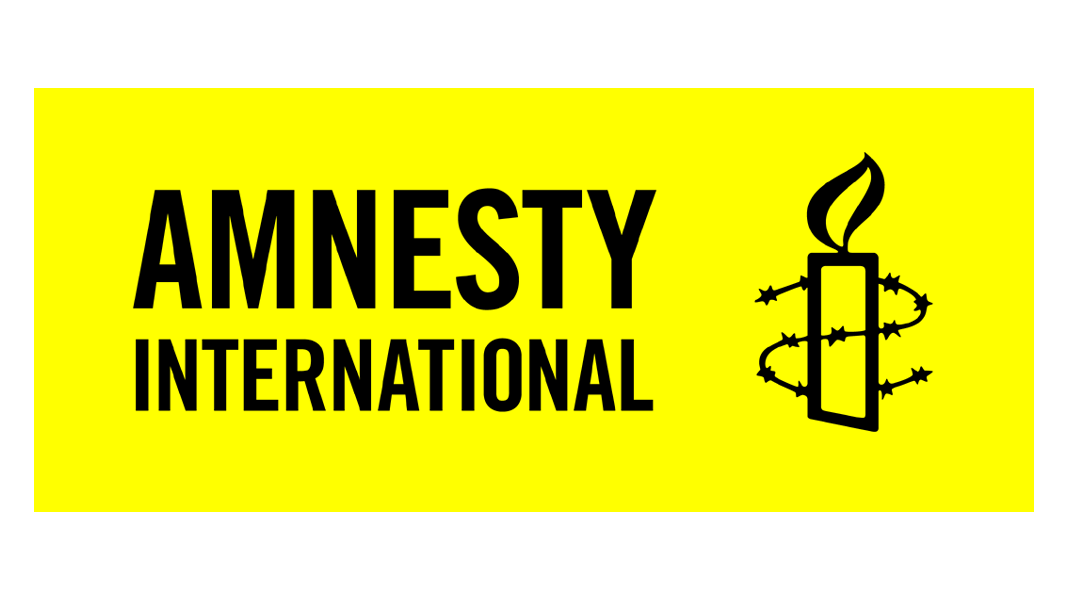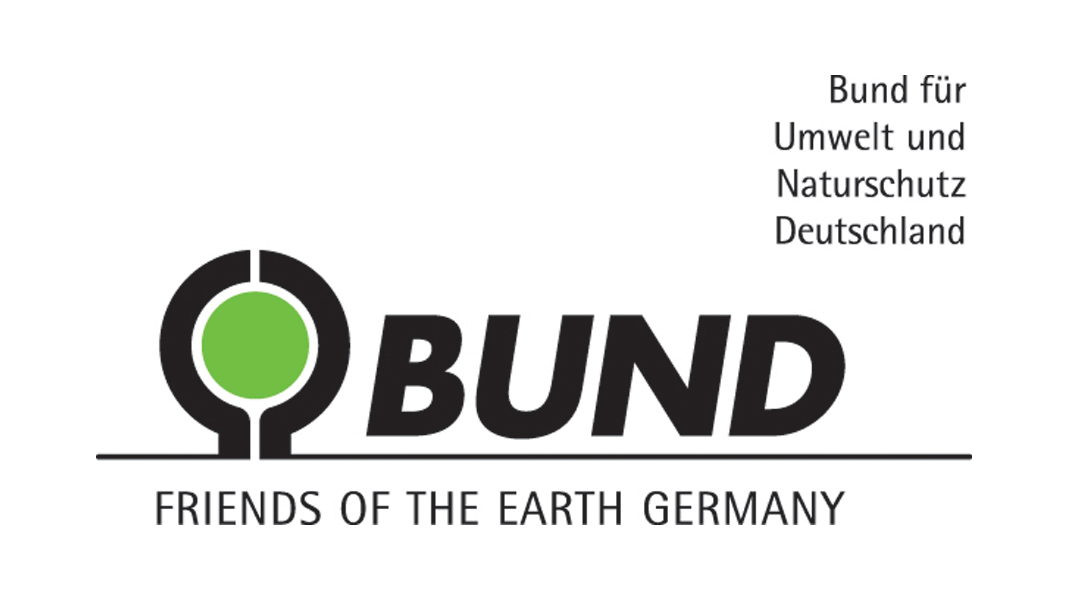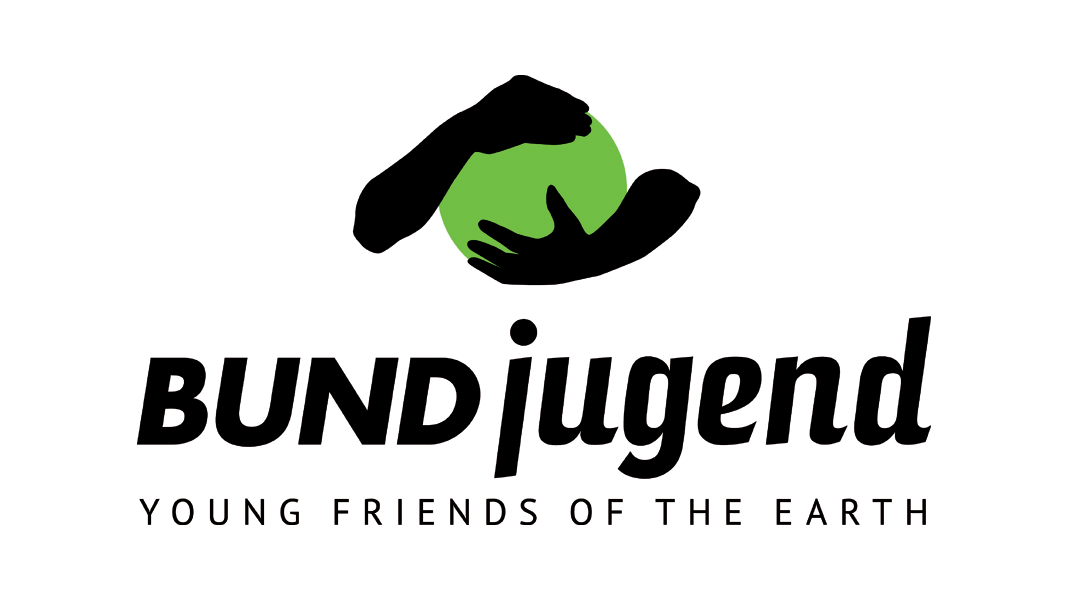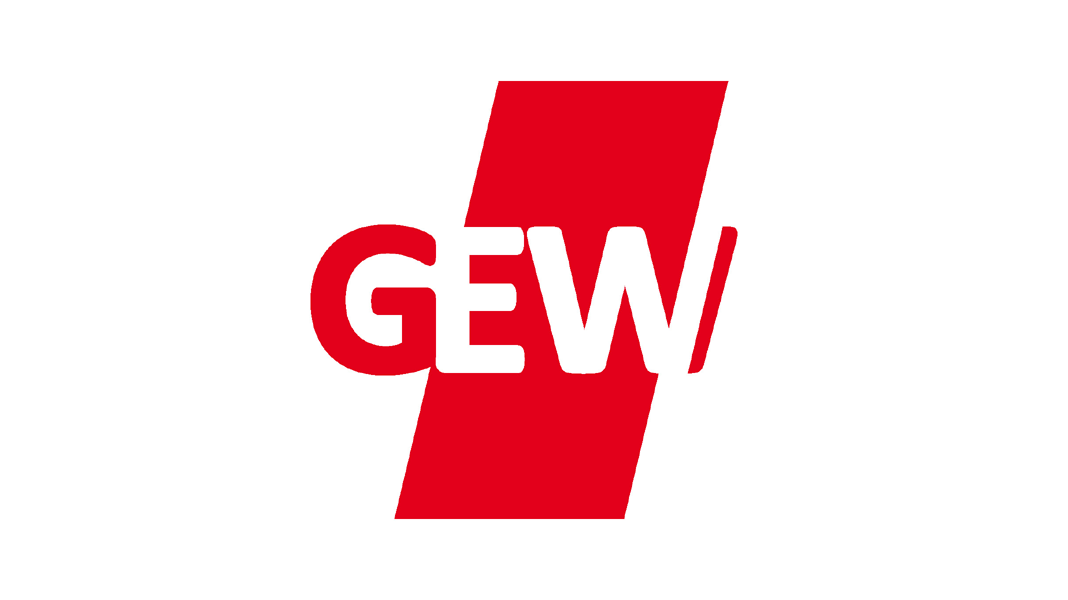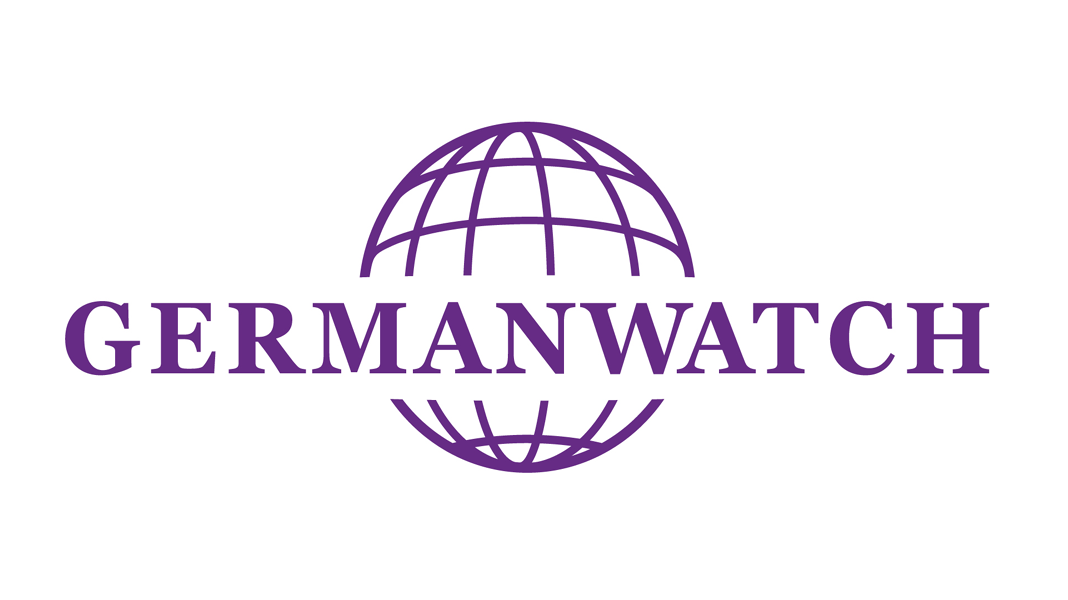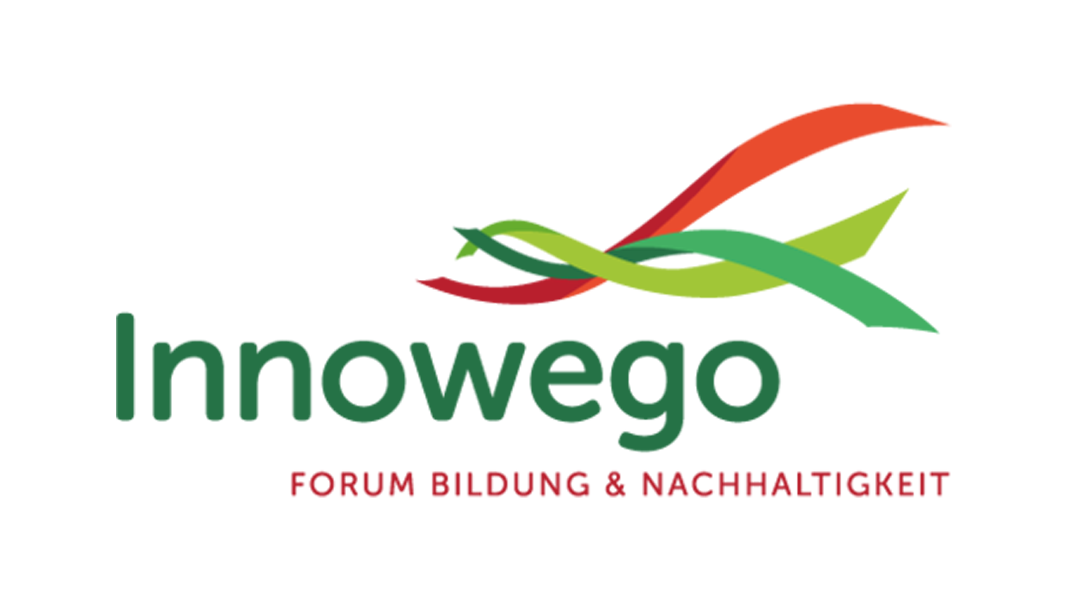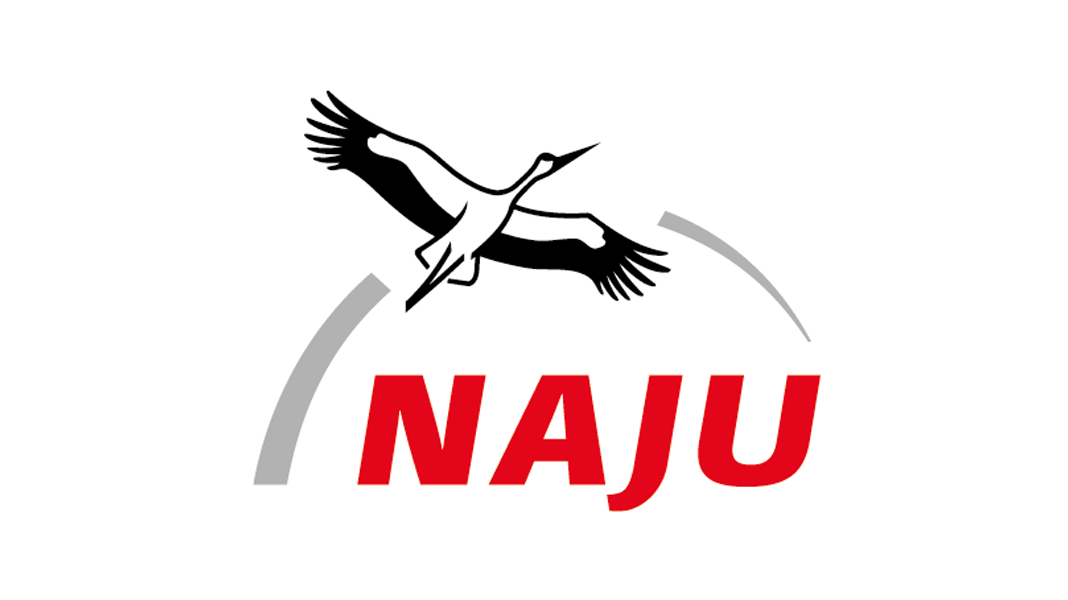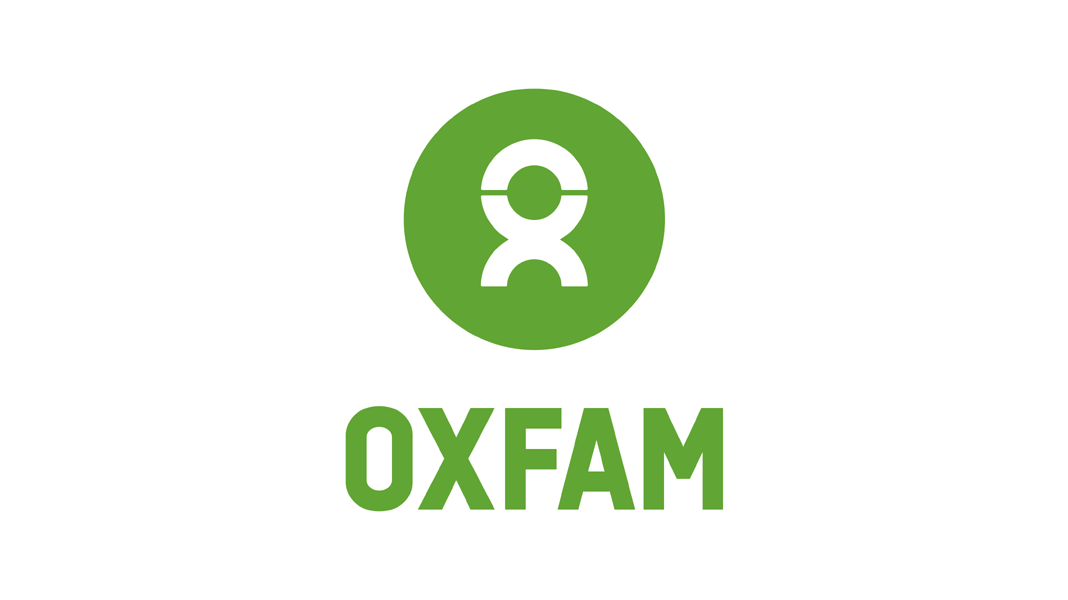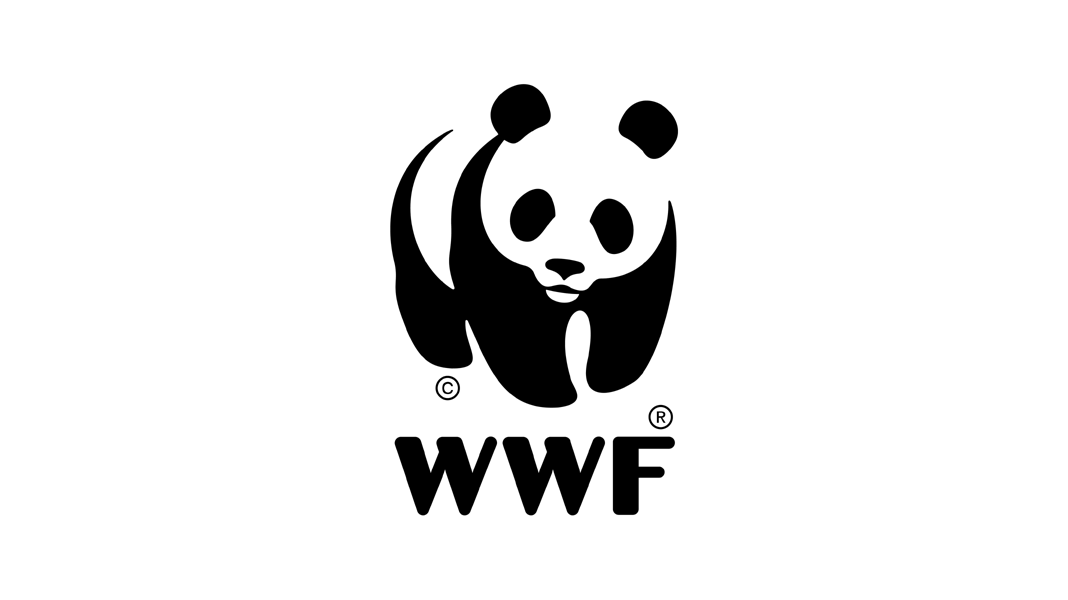VNR 2025 Joint contribution by VENRO, the German Federal Youth Council and Bündnis ZukunftsBildung
There are several challenges involved in implementing the 2030 Agenda in Germany. While progress has been made on integrating the SDGs in political processes, one key obstacle remains the fact that implementation is not binding. The new German Sustainable Development Strategy strengthens the coherence of the sustainability architecture and realises a number of important points so that sustainable development can, to a greater degree than before, become firmly established across all sectors as a task for all of society. Another welcome point is the introduction of an indicator for Education for Sustainable Development (ESD), which uses school labels to measure effective implementation through projects such as the World University Service's “Across Boundaries – Global Learning in Vocational Education” and Greenpeace's Schools for Earth initiative. These examples show how civil society activities can become part of the sustainability architecture.
Civil society offers a broad variety of programmes and can draw on expertise built up over decades, which enables it to improve education for all. Civil society is a key partner in the transformation towards the education needed in the future. In the past few years, ESD has also been advanced by players in the non-formal and informal learning sector. Adult education is just as indispensable to the realisation of SDG 4 as the empowerment of youth. Successful examples include the youth participation formats of Germany's federal ministries, such as the coordination unit for youth participation on climate issues at the German Federal Youth Council, the BMZ Youth Advisory Council and youpaN.
Notwithstanding these achievements, significant gaps remain: the SDGs are not given enough priority, and they are not sufficiently binding to guarantee effective implementation. Many civil society organisations are struggling with inadequate funding and red tape. Civil society players are strengthening social cohesion and the implementation of the SDGs, for instance SDG 16, the Goal for peaceful and inclusive societies. Civil society requires more long-term, more needs-oriented support mechanisms, less bureaucracy and strong backing for education. Civil society activities also require civic space. Politics has to provide the right environment for the accelerated implementation of the SDGs. A stronger focus on participation, on mainstreaming of inclusive, equitable and quality education, and on civil society activity means more comprehensive implementation of the 2030 Agenda.
Overall, the German Sustainable Development Strategy needs to make implementation more binding and become a top priority for Germany's political action. Education for Sustainable Development, as one of the key levers, must be given stronger support, and civil society needs to be involved in the process as an equal partner and be given support. The time for action is now – and civil society is willing to do its part.
Submitted by: Association of German Development and Humanitarian Aid Non-Governmental Organisations (VENRO), German Federal Youth Council and Bündnis ZukunftsBildung (NGO Alliance for Future Education, which has the following members: Amnesty International, BUND / Friends of the Earth Germany, BUNDjugend (Young Friends of the Earth Germany), The German Education Union, Germanwatch, Greenpeace, Innowego, German Youth Association for the Protection of Nature, Oxfam and WWF)
